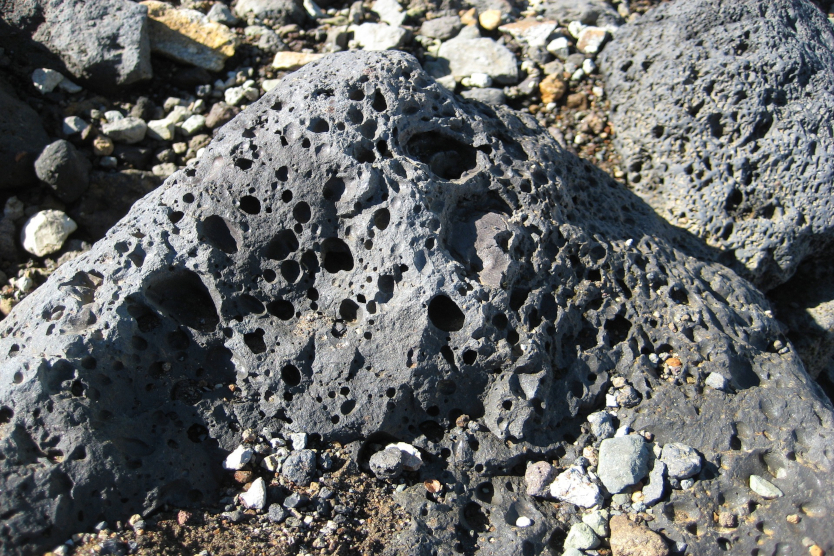
In Munich the geological condictions for geothermal energy are better than anywhere else in Germany.
© Pixabay
Munich has better geological conditions for geothermal energy exploitation than almost any other region in Germany. Its public utilities company Stadtwerke München (SWM) already operates three geothermal plants in Kirchstockach, Dürrnhaar and Sauerlach, and is preparing them to supply the district heating network covering Munich, Ottobrunn and Taufkirchen in the future. SWM has pledged to replace fossil fuels with climate-neutral energy by 2040, and thermal energy is the keystone of that strategy.
This month, SWM will start seismological investigations across an area the size of 177 square kilometers to the southwest of Munich. They will determine the potential of geothermal energy in even deeper layers to optimize performance of the existing plants. The survey will also gather data which can be used for the expansion of further CO2-free heating in the region.
To carry out the job, SWM’s specialist partner DMT GmbH & Co. KG will deploy a small fleet of ‘vibro vehicles’ the size of trucks until the end of March 2020. Working in fours and travelling in parallel, they will transmit sound waves through the ground (similar to sonar used in shipping) and take measurements. The data is then used to render a 3D model of the water-bearing rock formation to help geologists determine where and how geothermal energy can be further exploited.
The source of geothermal energy is hot water found in permeable limestone strata (Malm) at depths of 2,000 metres or more. The water is pumped to the surface where it passes through a heat exchanger: heat is extracted; cooled water is returned to the depths.
The surveys will be carried out principally in the municipalities of Ottobrunn, Hohenbrunn, Höhenkirchen-Siegertsbrunn, Brunnthal and Sauerlach, with partial investigations in ten others.


